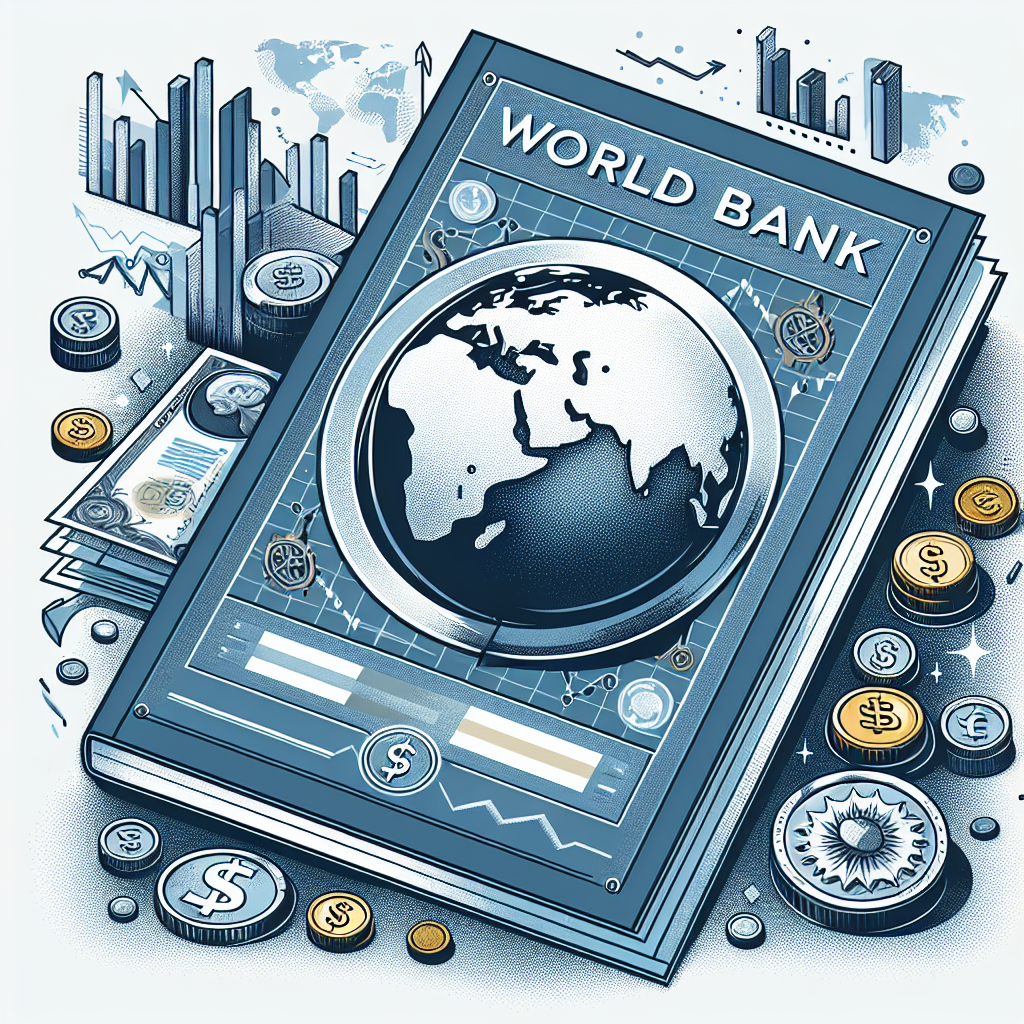Bhutan has achieved remarkable progress in poverty reduction, human development, and economic growth over the past decades, with its hydropower sector playing a central role. However, to sustain this momentum and create quality jobs for its youth, the country must diversify its economy, according to a new World Bank report.
The Bhutan Country Economic Memorandum highlights the need for reforms in three critical areas: (i) promoting economic diversification by encouraging the growth of non-hydropower industries and the private sector; (ii) improving agricultural productivity and facilitating access to niche markets through selective crop diversification and certification; and (iii) implementing financial sector reforms to support the diversification process.
"Economic diversification is crucial for Bhutan to build resilience, generate jobs, and maintain growth," said Adama Coulibaly, World Bank Resident Representative for Bhutan. "By creating a business-friendly environment and offering targeted skills training programs for youth, Bhutan can attract foreign direct investments and accelerate job creation in key sectors aligned with its growth ambitions."
Bhutan's natural assets and its distinction as the world’s first carbon-negative country can also be leveraged to foster green, resilient, and inclusive growth. The report notes that while hydropower has been essential to Bhutan’s development, it employs less than 1 percent of the labor force due to its capital-intensive nature. Diversifying the renewable energy sector by investing in solar, wind, and geothermal power could enhance Bhutan’s clean energy capacity and support its green growth strategy.
The report also stresses the importance of financial sector reforms. These include improving risk management practices and leveling the playing field between state-owned and commercial banks to encourage greater private sector financing.
"Financial inclusion is key to inclusive growth," said Rangeet Ghosh, World Bank Senior Economist and co-author of the report. "Digital technologies can play a vital role in advancing financial inclusion in Bhutan, by enabling faster, more affordable payment systems and facilitating innovative, collateral-free lending products."
The Covid-19 pandemic and other global challenges have worsened Bhutan’s economic difficulties, with rising unemployment, particularly among urban and educated youth. The relatively small size of the private sector and inefficiencies in the labor market have further limited job opportunities. The World Bank report suggests that a well-diversified economy will be critical to overcoming these challenges and securing long-term, sustainable growth for Bhutan.











